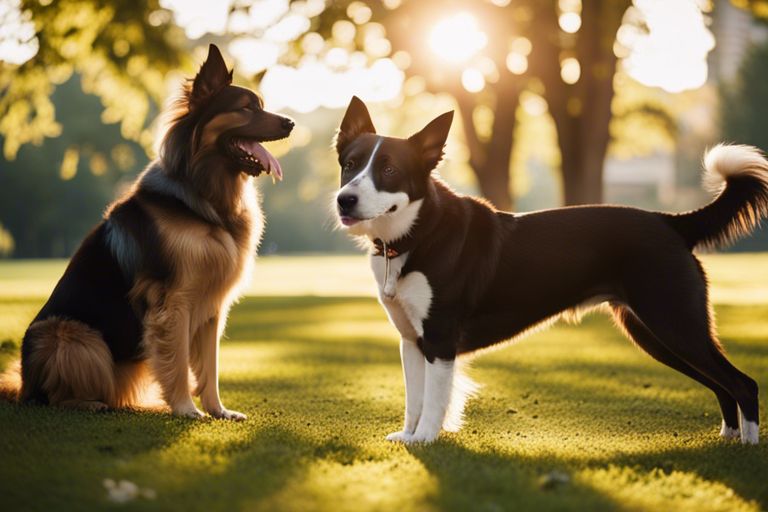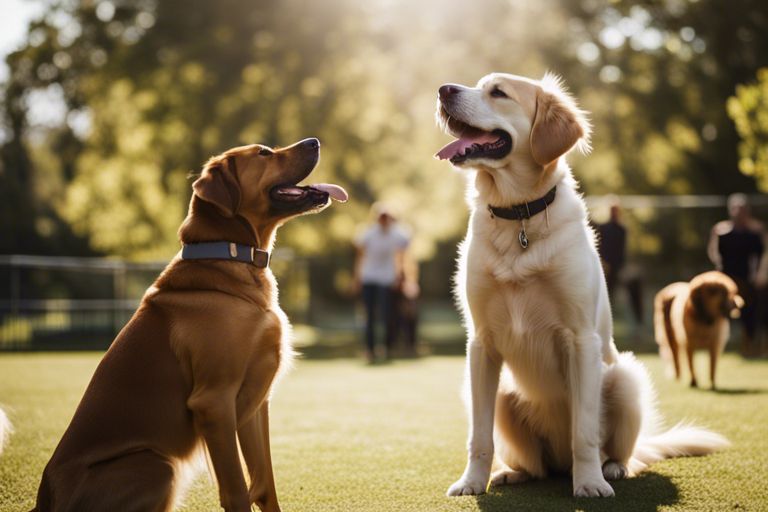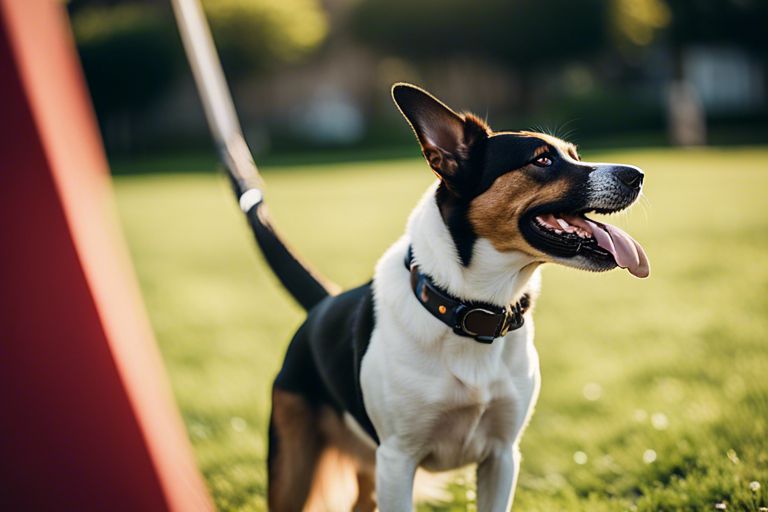Over 60 million households in the United States own a dog, making them one of the most popular pets in the country. Training and socialization are crucial aspects of owning a dog that cannot be overlooked. Not only does proper training ensure a well-behaved and obedient pet, but socialization helps to prevent behavioral issues and aggression. In this blog post, we will discuss the significance of training and socialization for dogs, and provide tips on how to effectively train and socialize your furry friend.
Understanding Canine Behavior
The Canine Social Structure
Structure is crucial in understanding how dogs interact within their social groups. Dogs are pack animals by nature, and their social structure is hierarchical. Within a pack, there is a clear leader who dictates the rules and maintains order. Understanding this social structure helps dog owners establish themselves as the leaders in their canine companions’ eyes, which is important for effective training and socialization.
The Role of Learning in Dog Behavior
One of the key factors influencing dog behavior is learning. Dogs are intelligent creatures capable of understanding and learning various behaviors through training and socialization. Learning plays a significant role in how a dog responds to different situations, stimuli, and commands. By providing consistent training and positive reinforcement, dog owners can shape their pet’s behavior and ensure they become well-adjusted and obedient members of the family.
Role Understanding the role of learning in dog behavior is important for successful training and socialization. Dogs rely on their ability to learn and adapt to their environment to thrive. By utilizing effective training methods and providing ample socialization opportunities, dog owners can help their pets develop into well-behaved and happy companions.

Fundamentals of Dog Training
Establishing Basic Obedience
One of the fundamental aspects of dog training is establishing basic obedience. This includes teaching vital commands such as sit, stay, come, and down. Consistency, patience, and positive reinforcement are key in this phase of training to set a strong foundation for more advanced skills.
Positive Reinforcement Techniques
Establishing a positive reinforcement-based training approach is crucial in shaping your dog’s behavior. This technique involves rewarding desirable behaviors with treats, praise, or toys to motivate your dog to repeat those behaviors. Reprimanding or using punishment can be detrimental to the training process, leading to fear or aggression in your pet.
It is important to remember that positive reinforcement techniques not only help in teaching commands but also in building a strong bond between you and your furry companion. By rewarding good behavior, you are encouraging your dog to listen to you willingly and creating a positive learning environment.

Socialization Strategies for Dogs
The Critical Socialization Period
Even though all stages of a dog’s life are important for socialization, the critical period is between 3 weeks and 14 weeks of age. During this time, puppies are most receptive to new experiences, making it crucial to introduce them to a wide variety of people, animals, sounds, and environments.
Exposure to Diverse Situations and Environments
For optimal socialization, it is necessary to expose your dog to diverse situations and environments from a young age. This includes different types of surfaces, noises, people of all ages and backgrounds, other animals, and various locations such as parks, busy streets, and indoor settings.
Strategies for successful exposure include gradual introductions, positive reinforcement, and ensuring that the experiences are fun and rewarding for your dog. This will help them develop into well-adjusted and confident adults who can navigate the complexities of the world around them with ease.
Addressing Behavioral Issues
Common Behavioral Problems in Dogs
An crucial aspect of training and socialization is addressing common behavioral problems in dogs. These issues can include aggression, separation anxiety, excessive barking, destructive behavior, and leash pulling. It is crucial for pet owners to recognize these behaviors early on and take proactive measures to address them.
Advanced Training for Behavioral Correction
For more challenging behavioral issues, advanced training techniques can be highly effective in correcting the behavior of dogs. This type of training goes beyond basic commands and obedience training, focusing on modifying specific behaviors through advanced techniques and exercises.
- Behavior Modification: Using positive reinforcement and desensitization to change unwanted behaviors.
- Targeted Exercises: Implementing exercises specifically designed to address the underlying causes of the behavioral issues.
Conclusion
Hence, training and socialization are crucial for dogs to develop good behavior and adapt to various situations. Through training, dogs learn commands, manners, and boundaries, making them more enjoyable companions for their owners. Socialization helps dogs feel comfortable around people, other animals, and new environments, reducing fear and aggression. Ultimately, investing time and effort in training and socializing your dog will lead to a well-adjusted and happy pet, creating a harmonious relationship between you and your beloved furry friend.




